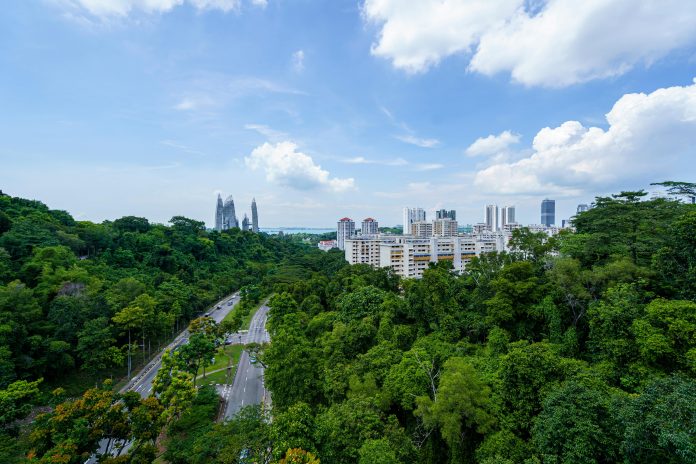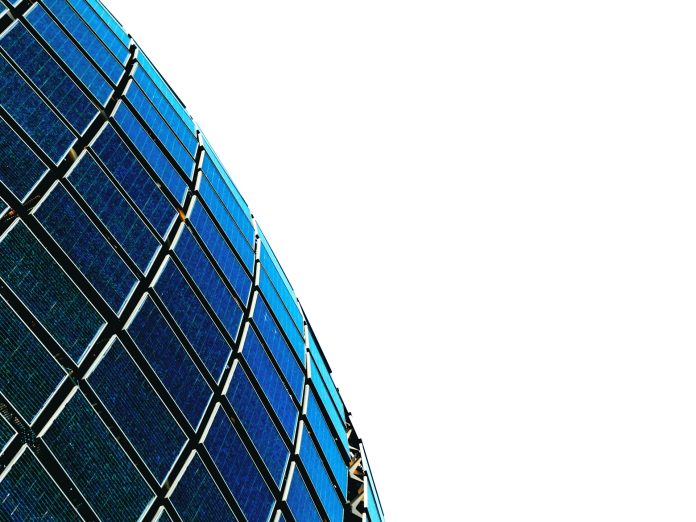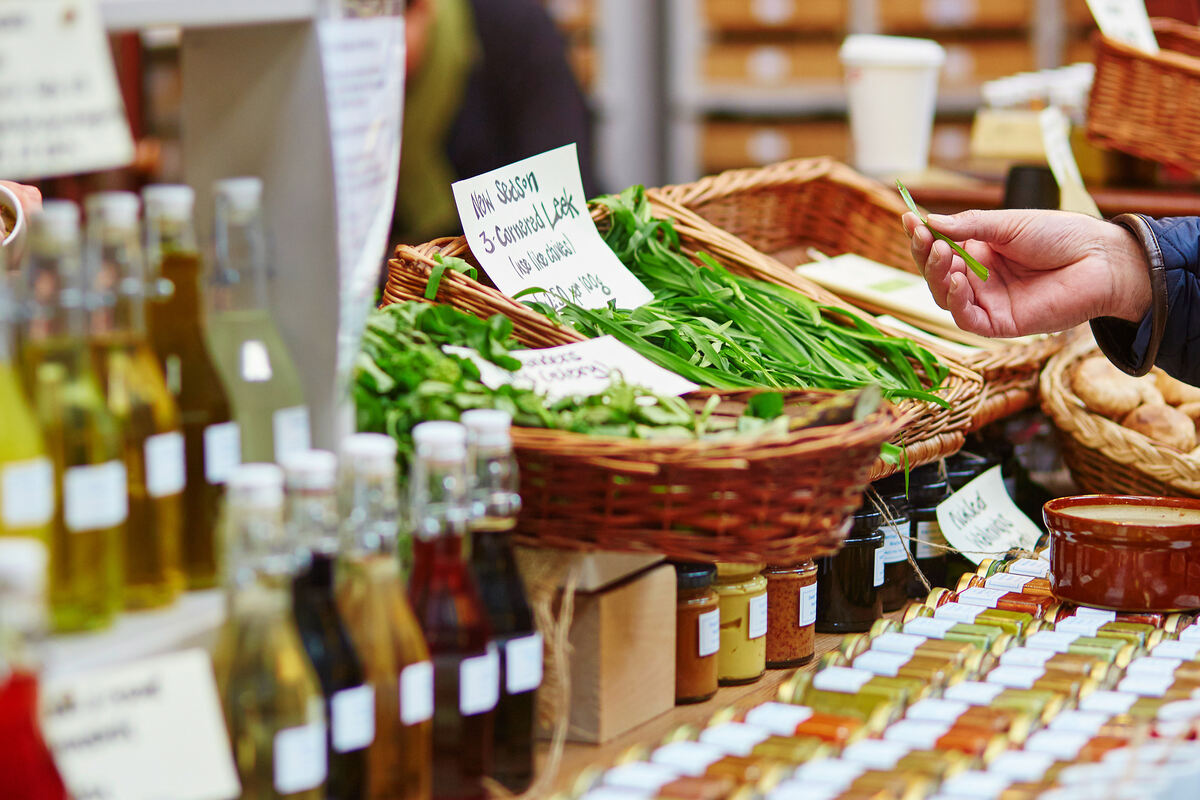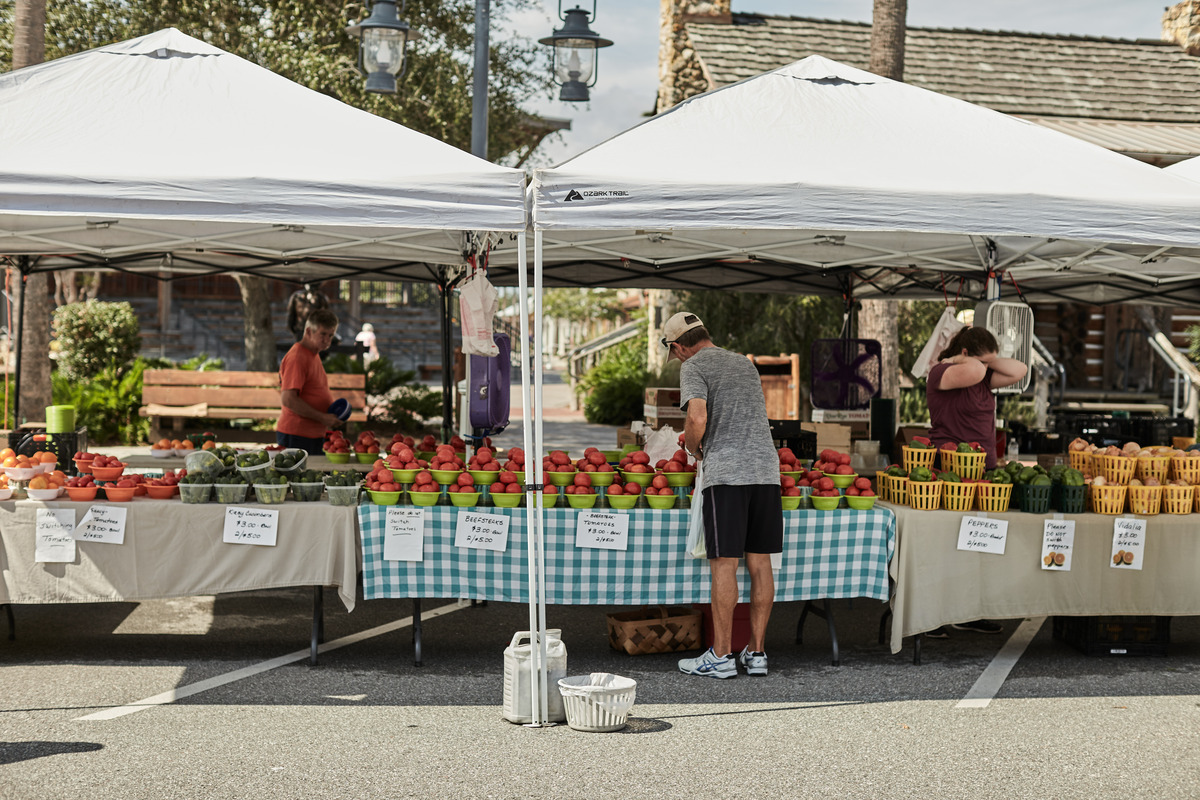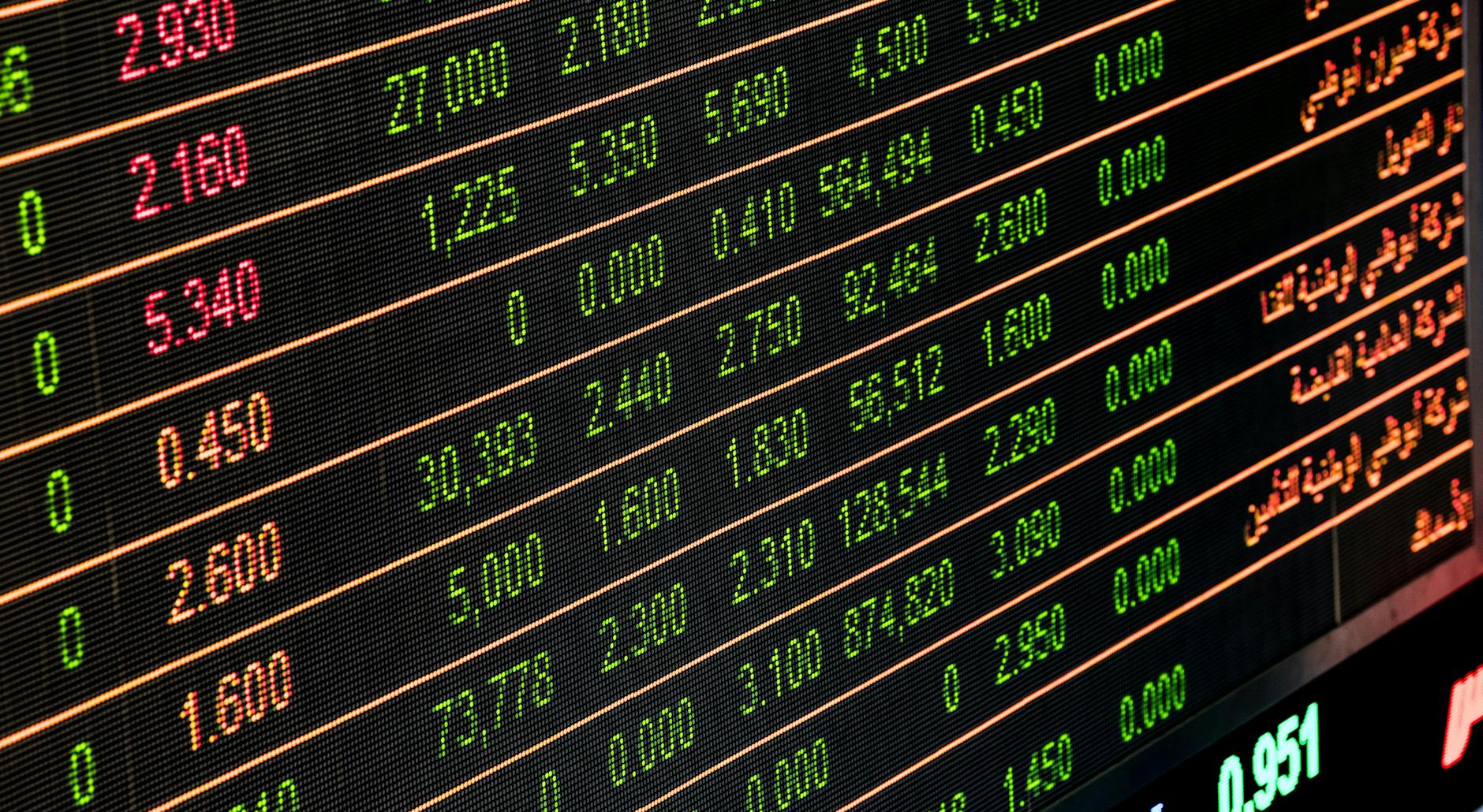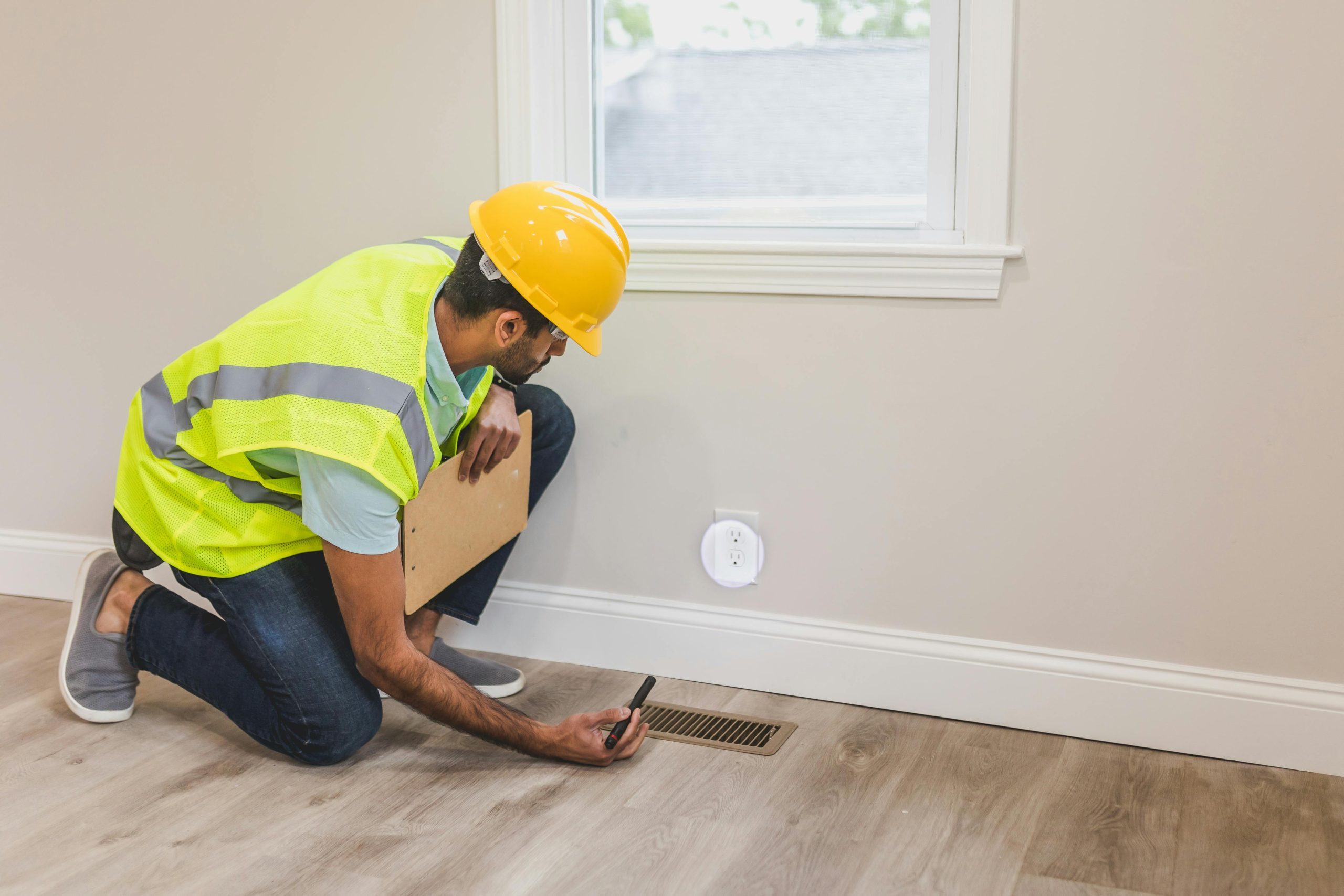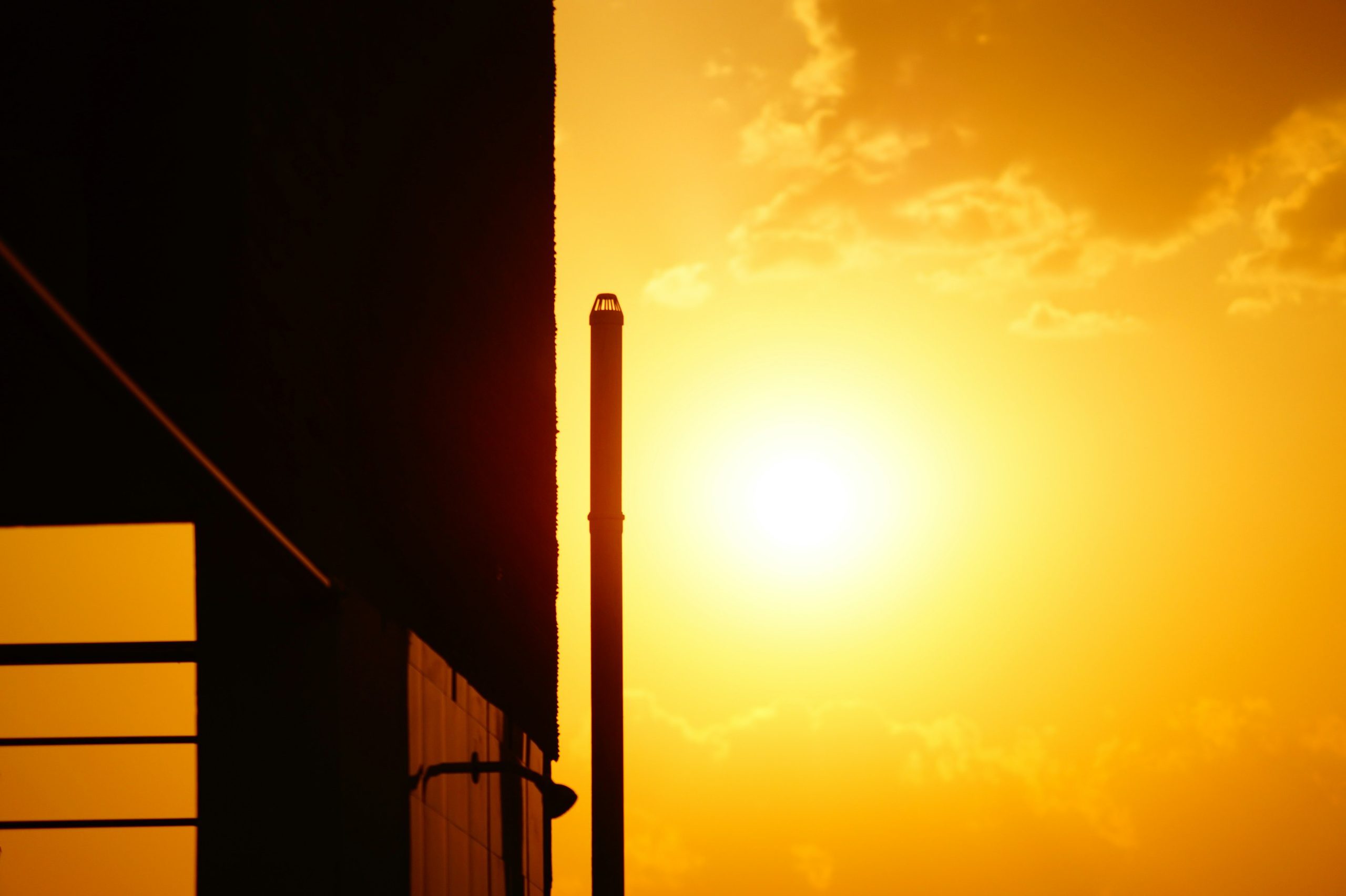The shift toward sustainability has transformed how homeowners approach renovations. Energy efficiency, resource conservation, and environmentally friendly materials are now central to modern home upgrades. As concerns over climate change grow, adopting sustainable solutions not only benefits the environment but also improves comfort, lowers energy bills, and increases property value.
Energy Efficiency: Reducing Consumption and Costs
Lowering energy use is a priority for sustainable living. Efficient homes rely on renewable sources, proper insulation, and smart energy management systems to minimize waste. Many homeowners are opting for solar power as an energy solution, integrating photovoltaic panels that convert sunlight into usable electricity.
Advances in technology have improved the efficiency of these systems, allowing them to generate power even in lower-light conditions. Storing excess energy through home battery solutions ensures continued power availability during peak hours or outages, making homes less dependent on the grid.
Smart home automation has also become a key element of energy efficiency. Systems that regulate heating, cooling, and lighting based on occupancy patterns help minimize unnecessary energy consumption. Smart thermostats adjust indoor temperatures automatically, learning household routines to optimize comfort while reducing electricity use. Energy-efficient windows with multiple layers of glazing further enhance insulation, preventing heat loss in colder months and reducing cooling demands in summer.
Lighting is another area where energy-saving solutions make a noticeable impact. LED bulbs have replaced traditional incandescent options due to their longer lifespan and lower energy consumption. Many homeowners are also incorporating daylight harvesting techniques, designing homes to maximize natural light and reduce reliance on artificial illumination.

Water Conservation: Maximizing Resources
Water conservation has become a fundamental part of eco-friendly home improvements. Many homeowners are integrating smart water management systems to reduce waste and promote efficiency. Advanced plumbing fixtures, such as low-flow faucets and showerheads, significantly reduce water consumption without compromising performance. Touchless faucet technology has also gained popularity, preventing excess water use by automatically shutting off when not needed.
Outdoor landscaping is another area where water efficiency plays a critical role. Rainwater harvesting systems collect and store rain for irrigation purposes, reducing reliance on municipal water supplies. In regions prone to drought, greywater recycling has become a sustainable practice, repurposing water from sinks, showers, and laundry machines for secondary uses, such as flushing toilets or watering plants. Smart irrigation systems further enhance conservation efforts by using real-time weather data and soil moisture sensors to adjust watering schedules accordingly.
Inside the home, appliance choices significantly impact water conservation. Many modern dishwashers and washing machines now feature advanced sensors that adjust water usage based on load size, preventing excess waste. Homeowners who prioritize water efficiency not only lower utility bills but also contribute to the preservation of natural resources.
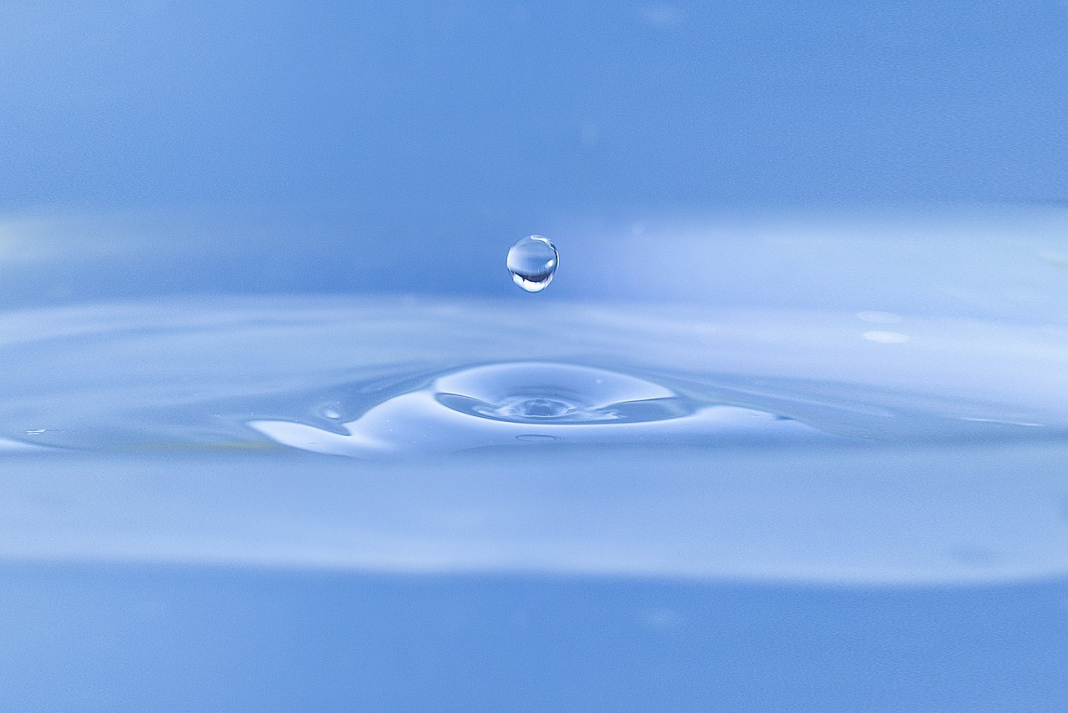
Smart and Energy-Efficient Kitchens
The kitchen is one of the most energy-intensive areas of a home, making it a focal point for sustainable upgrades. Homeowners who prioritize energy efficiency often begin with appliance selection, choosing models that use significantly less electricity and water than traditional counterparts.
Induction cooktops have become a popular choice, offering faster heating times and greater efficiency than gas or electric stovetops. Refrigerators equipped with smart sensors adjust cooling levels based on usage, reducing energy waste without compromising food preservation.
Beyond appliances, sustainable kitchen design incorporates materials and layout planning to optimize efficiency. Countertops made from recycled materials, such as glass and composite stone, provide durable, environmentally friendly surfaces. A well-designed kitchen also takes advantage of natural lighting and ventilation, reducing reliance on artificial lighting and air conditioning.
An often overlooked aspect of sustainability in the kitchen is waste management. Built-in composting stations and recycling centers make it easier for homeowners to reduce landfill waste.
Efficient kitchen layouts prioritize easy access to these systems and ensure that sustainable habits are seamlessly integrated into daily routines. Investing in kitchen remodeling enhances energy efficiency and contributes to a sustainable lifestyle by incorporating eco-friendly materials and smart appliances while maintaining functionality and aesthetics.
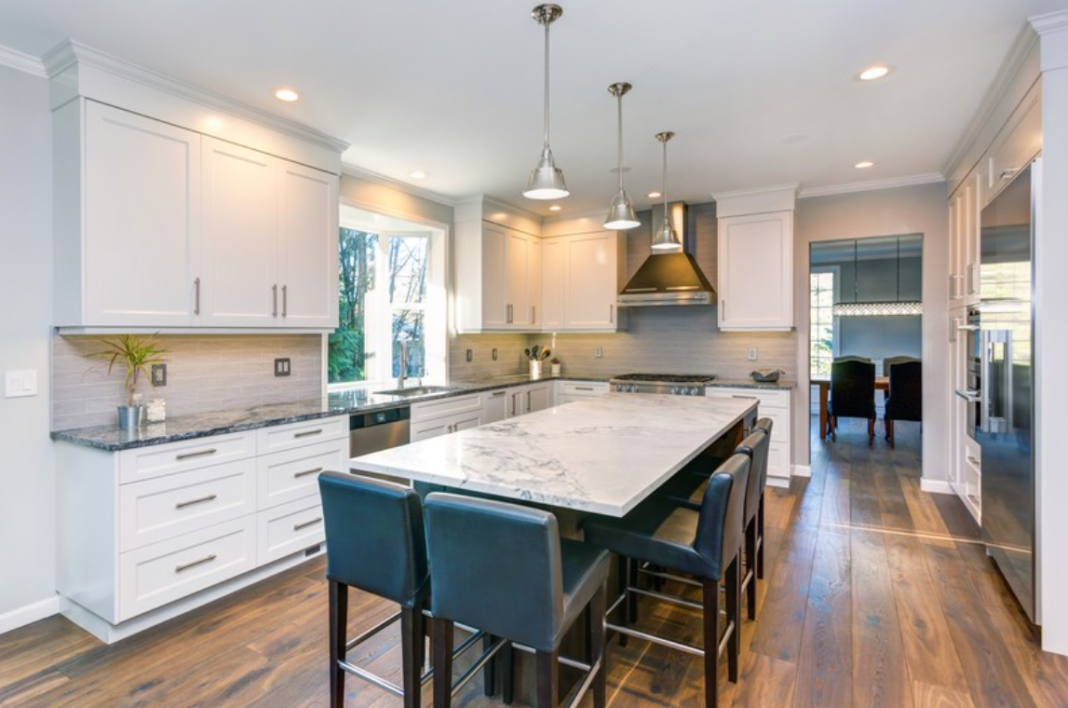
Sustainable Materials: Eco-Conscious Home Construction
Choosing environmentally friendly materials has become a priority for homeowners seeking to minimize their ecological footprint. Flooring made from rapidly renewable resources, such as bamboo, provides a durable alternative to traditional hardwood, offering the same aesthetic appeal while promoting sustainability. Reclaimed wood has also gained popularity, repurposing materials from old buildings and furniture to reduce deforestation.
Sustainable options, such as recycled denim or cellulose, made from repurposed paper fibers offer excellent thermal protection while utilizing existing materials. Sheep’s wool and hemp-based insulation have also become favored choices due to their natural ability to regulate temperature and resist moisture buildup. These materials contribute to improved indoor air quality by avoiding the harmful chemicals often found in synthetic insulation.
Interior finishes have also seen a shift toward sustainability. Many homeowners now opt for low-VOC paints, which emit fewer pollutants and improve indoor air quality. Countertops made from recycled glass or engineered quartz offer stylish, durable surfaces without depleting natural stone resources. In cabinetry and furniture, formaldehyde-free plywood and non-toxic adhesives ensure a healthier indoor environment.

Home Automation and Smart Living
Smart home technology plays a crucial role in optimizing energy and resource efficiency. Automated systems enable homeowners to monitor and control their energy usage remotely, adjusting lighting, heating, and appliance operations to match real-time needs. Smart lighting solutions use occupancy sensors to turn lights off in unoccupied rooms, while programmable thermostats adjust indoor temperatures based on personal preferences and weather conditions.
Home security systems have also evolved with sustainability in mind. Solar-powered security cameras eliminate the need for external power sources, providing continuous monitoring with minimal energy consumption. Smart locks and remote-access garage doors reduce unnecessary energy waste by ensuring that homes remain secure without excessive use of electricity.
Energy management tools allow homeowners to analyze their electricity consumption patterns and identify areas for improvement. Some systems can automatically adjust charging schedules for electric vehicles based on grid demand and ensure that energy use remains efficient without overloading the home’s electrical infrastructure. By leveraging automation, homeowners create highly efficient living spaces that align with modern sustainability goals.

Bottom Line
Sustainable home improvements offer long-term benefits, from reducing carbon footprints to lowering utility bills. Prioritizing energy efficiency, water conservation, and sustainable materials ensures that homes remain environmentally friendly while enhancing everyday comfort.
Smart kitchen designs, renewable energy adoption, and eco-conscious renovations contribute to a healthier and more sustainable future. With innovative solutions continuously emerging, adopting eco-friendly upgrades now prepares homes for evolving environmental standards and increases overall property value.

